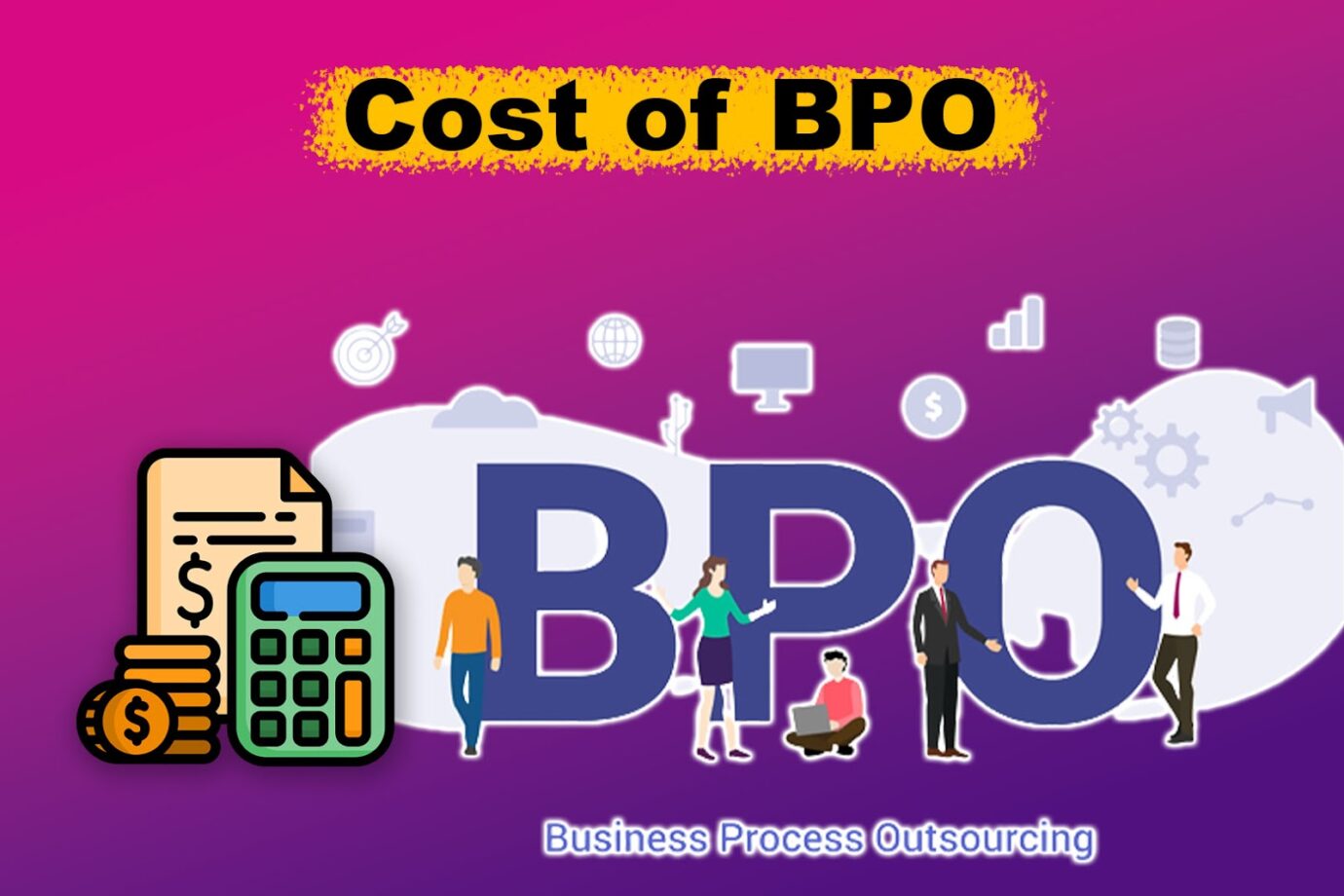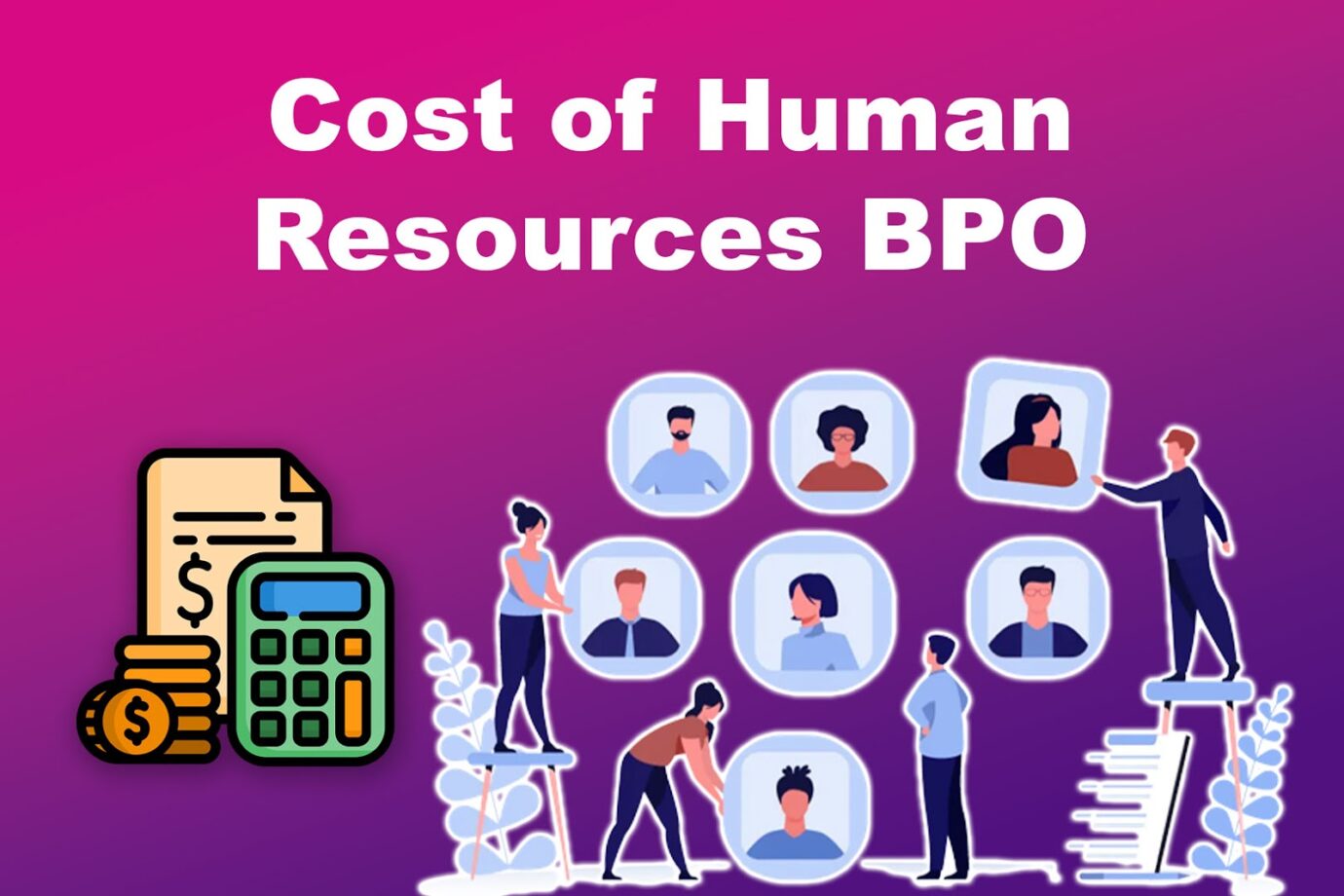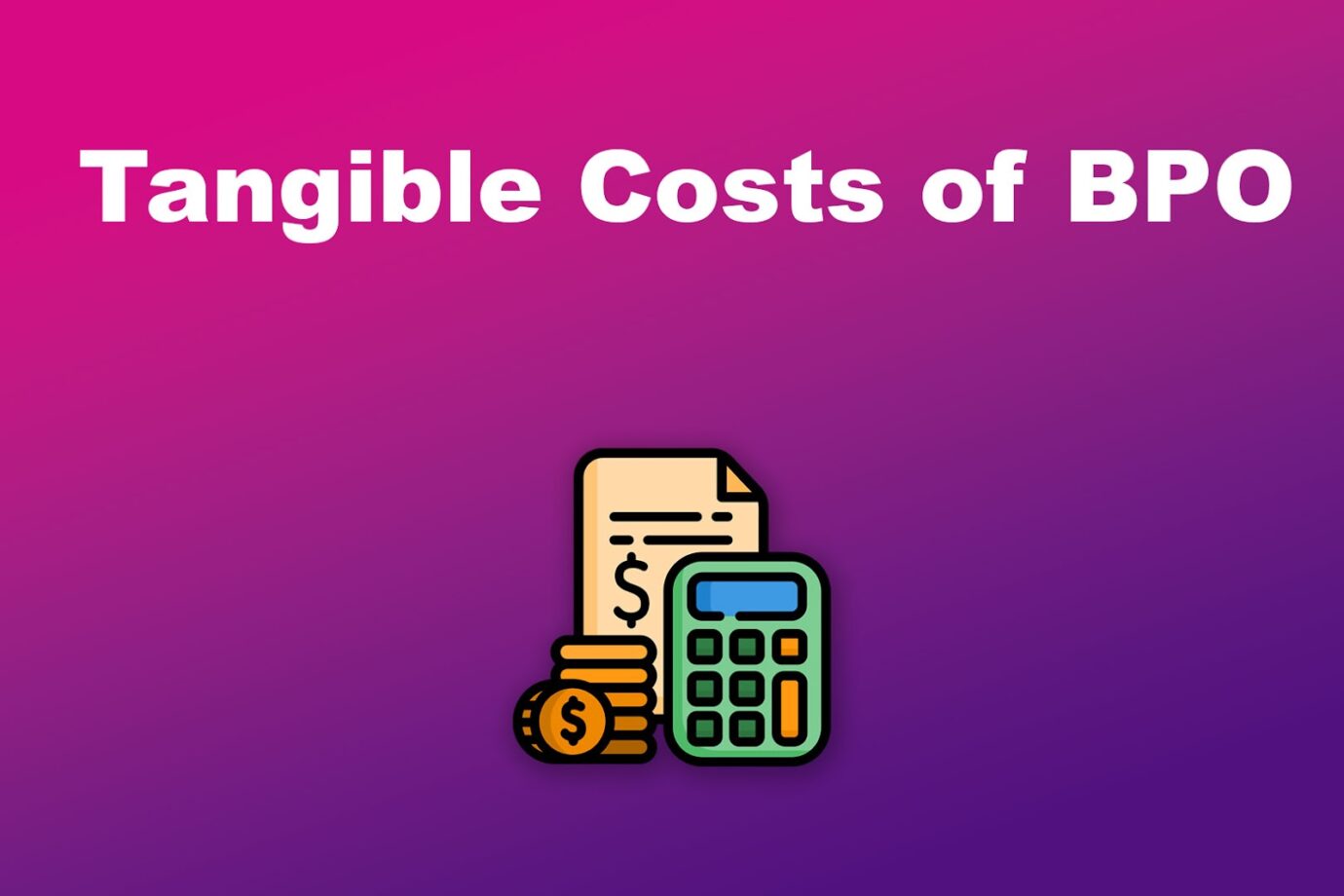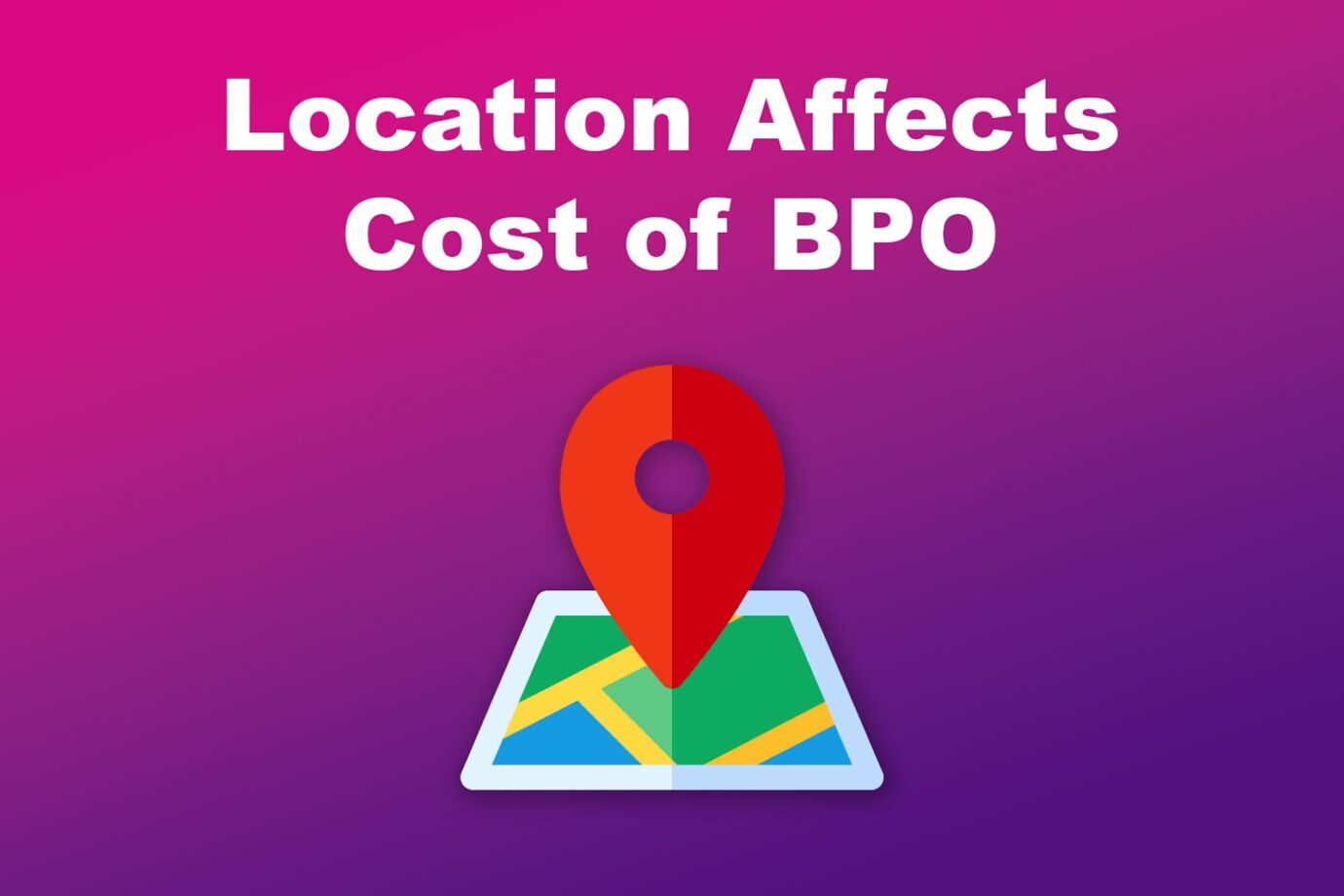The BPO industry has been around for some time, making the lives of companies and businesses easier. However, if you’re new to it, you might struggle to find a BPO service that fits your budget and meets your expectations.

When considering outsourcing for your business processes, a crucial initial step is understanding the cost of BPOs. You’re in for a treat if your company wants to outsource significant operations. This article will be your go-to resource for BPO pricing and other details that may affect its cost.
What Is BPO?
BPO or Business Process Outsourcing is the process of subcontracting some of your business functions to a third-party vendor. Large manufacturing companies pioneered BPO as they used to outsource large segments of their supply chains. Today, BPO has expanded to various products and services and has become an industry of its own.
In contrast to outsourcing small chunks of tasks like editing videos or managing social media posts, BPO empowers businesses to delegate more significant parts of their core processes, such as accounting or marketing. A classic example of a BPO is a call center, where a group of contracted employees manages incoming and outgoing client calls on behalf of other companies.
Another form of business process outsourcing is cold calling. Discover how to outsource cold callers here.
What Is the Cost of BPO Services?
The cost of BPO services depends on the type of service you will get. Prices may also vary depending on the BPO company’s location, cost model, and type of service. BPO companies offer various services, such as call center services, human resources, and software development.
Cost of Call Center BPO Services
Here’s the average cost of call center BPO services based on popular locations:
| Country | Hourly Rate |
| United States/Canada | $25–$65 per hour |
| Australia | $25–$55 per hour |
| Western Europe | $25–$50 per hour |
| Eastern Europe | $12–$25 per hour |
| Africa / Middle East | $12–$30 per hour |
| Latin America | $8–$20 per hour |
| Asia / Philippines | $8–$15 per hour |
| India | $6–$12 per hour |
As seen above, the typical cost of BPO call center services is cheaper in most developing countries, such as the Philippines and India. Conversely, in countries where English is the primary language, command rates exceed $25.
It’s best to first research the services you need for more accurate costing. Call center services include lead generation, outbound calls, telemarketing, appointment setting, and e-commerce support.
Find out everything you need to know about BPO accounts here.
Cost of Human Resources BPO Services
The average monthly cost of BPO human resources services is $45 to $1500. However, a variety of factors affect the price of outsourcing, which can be modified according to specific needs.

The cost depends on the number of employees you need and the type of service you’ll use. Potential human resources services for outsourcing include recruitment, employee relations, background checking, compliance assessments, etc.
Here’s a list of business process outsourcing examples.
Cost of Software Development BPO Services
Here’s the cost of software development BPO services based on location:
| Country | Rate |
| United States/Canada | $50–$450 per hour |
| Australia | $30–$300 per hour |
| Western Europe | $30–$300 per hour |
| Eastern Europe | $25–$50 per hour |
| Latin America | $30–$50 per hour |
| Africa | $20–$40 per hour |
| Asia (Philippines, India, etc.) | $18–$40 per hour |
You also need to note that the cost of software development services will vary depending on the skill set of the developer you need. The rates of middle—or senior-rank developers may be higher than those of lower-rank developers.
Find out the effective BPO strategy for your business here.
What Factors Can Affect the Cost of BPO Services?
Here are the most common factors that can affect the cost of BPO services:
- Unforeseen Costs.
Unforeseen costs can affect the pricing. This happens when a company underestimates the workload, or the output’s delivery date is late. - Labor Costs.
When companies outsource their services, they also consider the cost of labor. Since labor costs may occasionally fluctuate, BPO companies must adjust their pricing. This may become an issue for customers, especially if a significant price increase will affect them. - Government Regulations.
Compliance with government regulations can be costly to BPO companies. Charges for these will impact the cost of their services. - Contractual Obligations.
Contracts made between clients and BPO companies include clauses that obligate the BPO company to ensure compliance with local laws and regulations. As clients come from different locations, BPO companies adjust their contracts, impacting their pricing. - Location.
Exchange rates and local labor costs affect the pricing of BPO services, as every country has its pricing.

- Service Type.
Different types of services also entail varying prices. IT support, finance management, or data processing services have different rates and may affect the cost of BPO services. - Project Volume.
The total cost of BPO services is affected by the work needed to accomplish the task. You can negotiate the pricing with your chosen BPO company if you’re availing of services for high-volume tasks. - Contract Length.
If you’re availing of short-term services, BPO pricing might be higher than long-term ones. Long-term contracts can be negotiated and might even score you a discount.
As seen above, several factors can affect the cost of BPO services. Some of these factors are external and cannot be directly controlled by BPO companies.
How Do BPOs Charge Their Clients?
Here are some pricing models influencing how BPOs charge their clients:
- Hourly-Based Pricing.
As the term suggests, this pricing model follows the hourly rate a BPO company charges clients. It can be adjusted depending on the number of agents you wish to hire and the service level agreement you agree on. - Transaction-Based Pricing.
A BPO company will charge you based on the output regardless of the number of agents involved if they follow this pricing model. As the client, you should clearly define the service level agreement, as it will determine the quality of output you will receive. - FTE-Based Pricing.
FTE, or full-time equivalent, is considered a mature pricing model in which the BPO company determines the price. They base it on the quality of output, the number of agents involved in the process, and the amount of time invested in the project. - Profit or Savings-Based Pricing.
BPO companies may also charge you based on the amount you can save when outsourcing your services. They’ll assess how their services increase your profits and can base their fee on the increase you’ll make.
Regardless of a BPO company’s pricing model, always ensure you know your arrangements’ legal business implications.
Related Post: 8 Effective Inbound Call Center Sales Tips
What Are the Tangible Costs of BPO?
The tangible costs of BPO will depend on the type of service you will use. Examples of tangible costs include communication costs, monitoring, training, legal, and transfer costs and fees.

Aside from tangible costs, it’s also important to note the tangible benefits of BPO services. These tangible benefits include incentives, profits, savings, discounts, and revenues.
Learn more about the True Cost of a BPO Contract.
How Does BPO Reduce the Cost Spent by Businesses?
BPO reduces businesses’ costs by allowing them to save money while getting things done faster. In addition, BPO companies enable businesses to access expertise without hiring them directly. These two significant benefits allow businesses to yield profits quickly.
Since time is money, businesses save a lot by outsourcing significant portions of their day-to-day processes and acquiring the expected output by an agreed timeline. You can also achieve increased accuracy and high efficiency with the right company. Your business will also thrive once you’ve mastered contracting with BPO companies.
Doing BPO the Right Way
Now that you know what a BPO is and how much a BPO company charges, you can look into companies that will fit your needs. Since this may take some time, it’s best to seek help from teammates or employees who are research experts.
Once you’ve found a BPO company with excellent reviews and relevant experience, ask for their usual rates and negotiate if they’re amenable.
